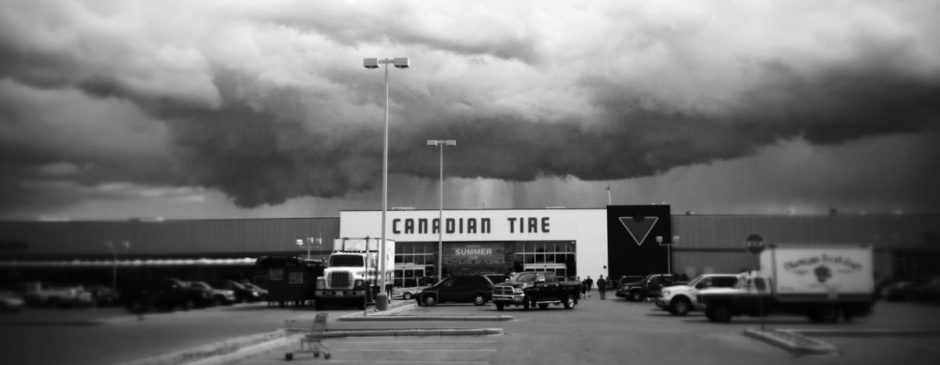Nicholas de Monchaux’s WPA 2.0 entry, Local Code : Real Estates uses geospatial data to map the thousands of abandoned city-owned lots scattered across North American cities. But this is more than just a data viz project: de Monchaux conceives of these spaces as “an essential archipelago of opportunity” for making cities more livable, functional, and sustainable. The project proposes a provocative union of urban environmental sensor data, citizen participation (presumably captured via social media), and parametric design software:
Using parametric design, a landscape proposal for each site is tailored to local conditions, optimizing thermal and hydrological performance to enhance the whole city’s ecology—and relieving burdens on existing infrastructure. Local Code’s quantifiable effects on energy usage and stormwater remediation eradicate the need for more expensive, yet invisible, sewer and electrical upgrades. In addition, the project uses citizen participation to conceive a new, more public infrastructure as well —a robust network of urban greenways with tangible benefits to the health and safety of every citizen. (Nicholas de Monchaux)
Related: WPA 2.0 Exhibition
